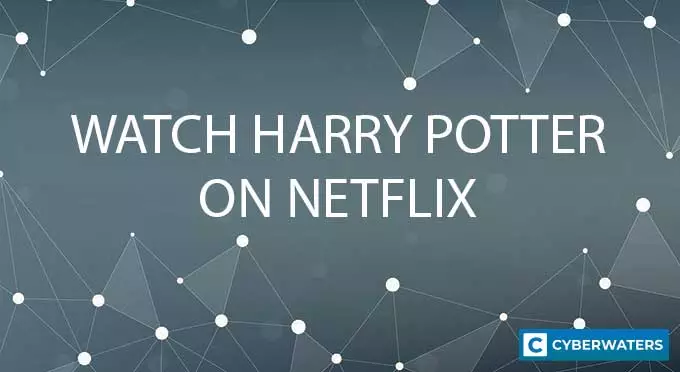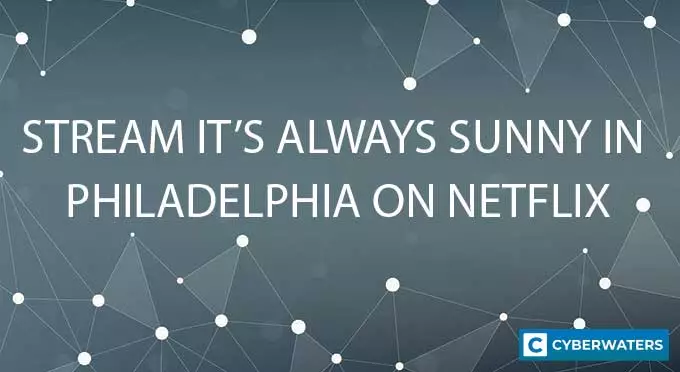How Do We Test VPN Services at CyberWaters

Here’s how we test VPN services:
1. We Buy a Subscription
We don’t rely on demo accounts, as they don’t allow us to see what a customer would experience when buying the VPN. So we buy a subscription like everyone else — usually a 1-month plan.
If a free plan is available, we test it too and note down how it’s different from the VPN’s paid plans.
2. We Check the Features
First, we check if the VPN has the following industry-standard security features:
- 256-bit AES encryption
- A no-logs policy
- A kill switch
- Leak protection
We consider these to be essential security features, as all top VPNs have them. When it comes to leak protection, most VPNs have IPv6 or DNS leak protection. However, some really good providers have full protection against IPv6, DNS, and WebRTC leaks. We also test the provider’s leak protection by running leak tests on servers in at least 10 countries.
Then, we check if the VPN provides extra features, such as split-tunneling, an ad blocker, double VPN connections, or obfuscation. If such features are available, we test them to see if they work well.
3. We Check the Level of Privacy
We closely analyze the VPN’s privacy policy and terms of service to see if the VPN logs sensitive data. We check if the provider collects the following:
- IP addresses
- User traffic (what files you download and what site you browse)
- Bandwidth usage
- Connection timestamps
- Email addresses
If a VPN collects your email address or how much data you use, that’s not a huge concern. However, if the VPN logs your IP and browsing, that’s a huge red flag.
In addition to that, we check if the VPN’s no-logs policy has been independently audited. We also check if the no-logs policy has been proven true — like in court documents or server seizures, for example.
We also mention if the VPN has open-source apps if it provides transparency reports and if it’s located in a privacy-friendly country.
4. We Test the VPN’s Streaming Support
Our team has accounts for Netflix, Amazon Prime, BBC iPlayer, HBO Max, and Disney+. We use the VPN with those streaming sites to see if it’s able to access them. We run streaming tests multiple times per day using a separate browser with incognito/private mode.
5. We Test the VPN’s P2P Support
We check if the VPN allows torrenting on its servers. If it doesn’t, we verify the provider’s claims by downloading torrents while connected to several servers.
Also, we test if the VPN works with top P2P apps like Vuze, uTorrent, qBittorrent, and Deluge. If the VPN has P2P features like SOCKS5 proxies and port forwarding, we test them too.
6. We Run Speed Tests
Our testers first use Ookla Speedtest to see what their original internet speeds are. Then, they run speed tests while connected to VPN servers in nearby and distant countries to determine what their average VPN speeds are.
When testing the speeds, our testers pay attention to things like:
- How fast sites load
- How long it takes to download a large torrent (12-20 GB)
- How fast HD and 4K videos load
- If HD and 4K videos buffer or suffer quality drops
- If they have fast gaming speeds
- If their VoIP calls are stable
7. We Check the Server Network
We check how large the VPN provider’s server network is — namely how many servers it has and how many countries the VPN offers access to. More servers in more countries make it easier to get fast speeds.
We also mention if the VPN has dedicated P2P and streaming servers, and if it displays the server ping or load (metrics that help you find fast servers). If the provider has other dedicated servers (like gaming servers, for instance), we mention that too.
What’s more, if the VPN provides dedicated IP addresses, we test them and mention if they’re worth it.
8. We Check How User-Friendly the VPN Is
We mention what platforms the VPN has apps for — like Windows, macOS, Linux, iOS, Android, Android TV, and Fire TV. We then download and test the apps to see how easy they are to use. Do they have quick-connect features? Is the interface easy to navigate? Do the VPN apps explain what most features and settings do?
We only highlight dedicated VPN apps. Manual setups are simply not good enough because they’re very inconvenient, especially for beginners. That said, if the VPN doesn’t have any apps, we manually set up its service on our devices and test it.
9. We Test the VPN’s Customer Support
We look into the VPN provider’s support channels — we check if it has:
- Live chat
- Email support
- A support library (FAQs, tutorials, troubleshooting guides)
We then test the VPN’s customer support to see how good it is.
For the support library, we read its guides to see if they’re helpful and easy to follow. Ideally, the support articles should answer most of your questions, so that you don’t need to use live chat and email support.
For live chat, we use it at random times of the day and ask the reps multiple questions about the VPN service. We do the same thing for email support, but we send several emails throughout the week, including on the weekend.
10. We Check the Pricing
We check if the VPN has a free plan and what paid plans it offers. If a free plan is available, we check if it’s actually worth using. As for the paid plans, we check if the price reflects the value offered by the VPN.
Next, we cover what payment methods the VPN accepts and if the provider has a money-back guarantee.
We also check how many simultaneous connections the VPN allows. On average, most top VPNs support 5–10 connections.
VPN Expert, BEng in Network Engineering

